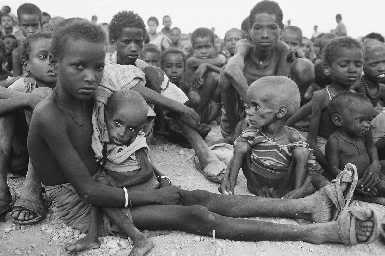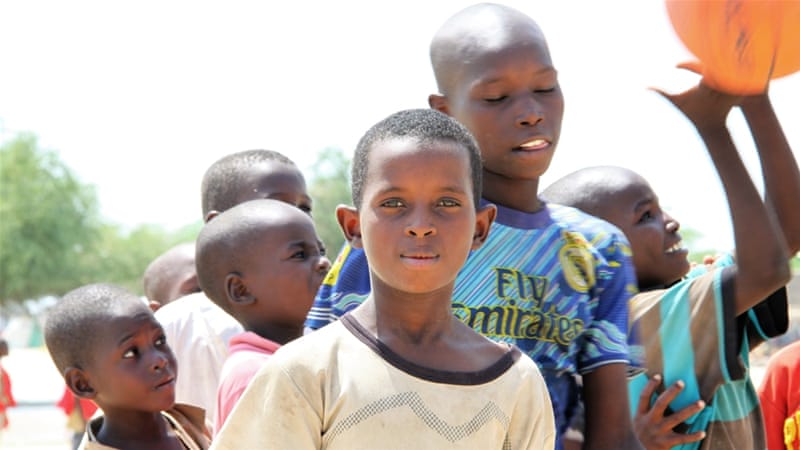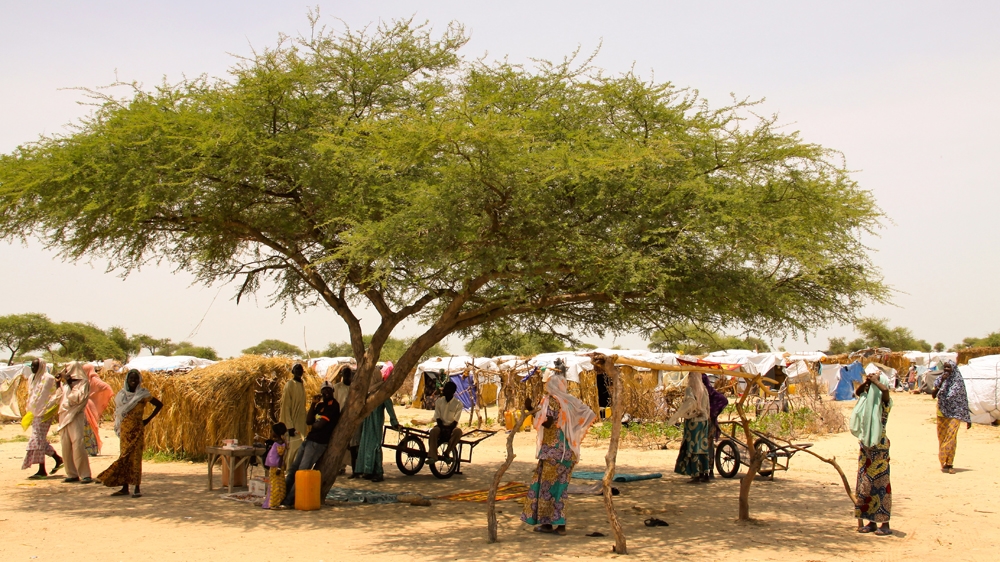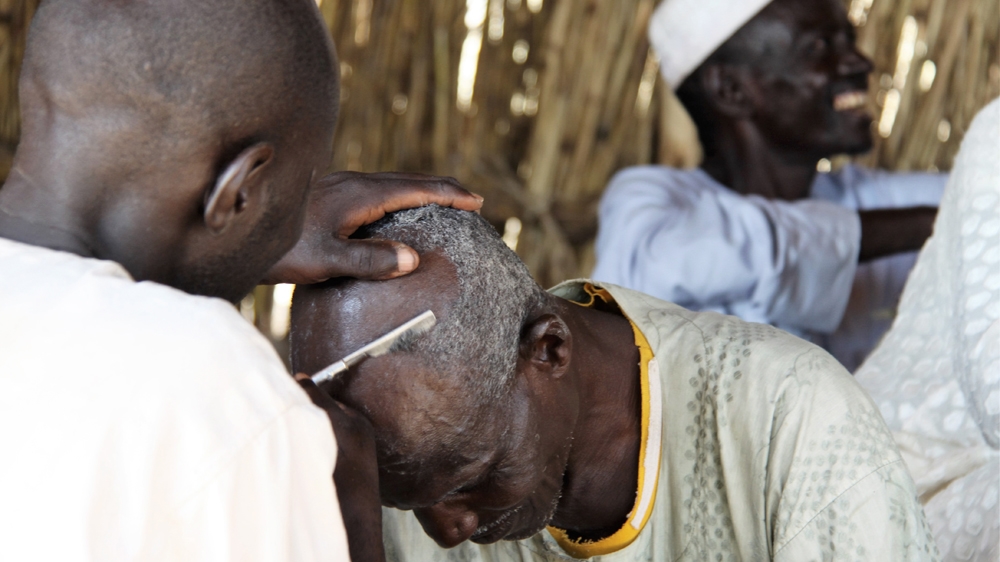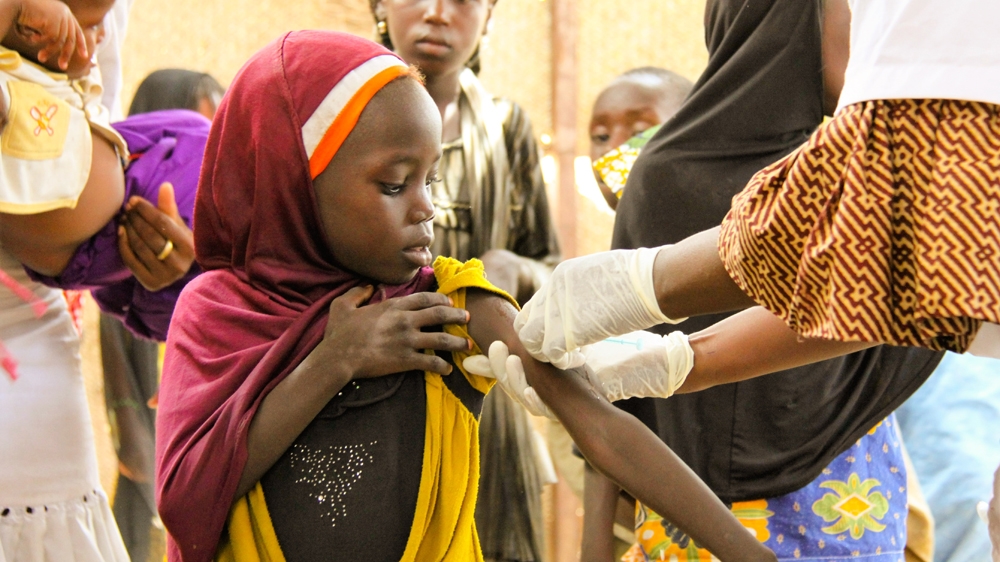
In war situations, there are always the unsung heroes. But it does not belittle their sacrifices in consummating the war. Not many Nigerians have inkling about the lofty contributions the innocuous bands of youths in Borno state, self- styled as the Civilian Joint Task Force (C-JTF) made in the counter-insurgency battles.
They are even confused as a replication of the more popular Military Joint Task Force (M-JTF), mainly populated by the Nigerian security agencies. But C-JTF shares no similarity with M-JTF, but they are only conjoined by a common motivation- the freedom of their country from the fangs of Boko Haram Terrorists (BHTs).
Initially, C-JTF members were a bunch of idle, but angered young men, domiciled in different parts of the Northeast, who tolerated years of the decimation of their population and annexation of their territories by insurgents. Provoked, they decided to willingly enlist into the anti-terror war to save their communities.
Such guts deserved special commendations. And it came from the highest level. It came from a man who understood the risk of putting men on the war front. It came from the Chief of Army Staff, Lt. Gen. Tukur Buratai who publicly acknowledged and praised the contributions of the CJTF in the war against BHT. On several occassions such as during the opening of roads like Maiduguri – Damboa, Maiduguri – Gamboru Ngala and at Damaturu – Biu road, the COAS reserved special commendations for the bravery of CJTF.
Having led the offensive against the terrorist group, the COAS himself realises that they are a great assets to the fight against BHT. No wonder, the military under Buratai’s leadership tactically deployed the CJTF operatives in the core area of intelligence gathering which yielded many positive ambushes against the terrorists by the military and degraded BHT supplies.
Day and night, youths who would later become members of the C-JTF watched the violent elimination of their beloved ones by the lethal explosions of terrorists. They wailed and woke up the next day to face fresh conflagrations, some of which also consumed their own peers, friends and family members.
They gauged the spirited efforts of the Nigerian military in taming the monsters and concluded, it was deficient to the extent soldiers were alien to the communities and could not identify insurgents in their midst. It was this patriotic impulse that beckoned at them and they responded.
This was after former President Goodluck Jonathan declared a state of emergency in the Northeast in 2013. It initially started as the Volunteer Young Vigilance Group and later, renamed, C-JTF. Adamu Buba who chairs the C-JTF, Sector 5, recounted that youths in the area were spurred into action by the terrorists attack on Giwa Barracks in Borno state. They felt injured and challenged; prompting the instant decision of youths to mobilize to the spot to render assistance to the army.
C-JTF’s presence at the scene of the Giwa barracks attack incident was their first and close encounter with the military as an organized group. The encounter was quite nasty because soldiers held them in suspicion, as vestiges of the aggressors who attacked them. Soldiers in stern voices, with brandishing guns, asked them to lie flat and roll on the ground. They complied and endured the pain, before a chance to explain their mission rendered itself. Soldiers saw in their rare courage, an instant ally.
The sight of people hastily escaping from the attack never deterred them either, as they instantly and fearlessly engaged the Boko Haramists in fierce combats with machetes, bows and arrows. The terrorists fled Giwa, compelling them to bid a retreat, but not without incurring some human casualties.
With this singular act of bravery C-JTF launched itself as a potent ally of the military in the counter-insurgency war. In their ranks, were farmers, hunters, graduates, village jesters, wood carvers and even princes. They were all united by a common mission- how to assist liberate their communities from devilish fiends.
Soon, the concept of C-JTF spread to other parts of the Northeast. And their work had no restrictions. They conducted security checks, acted as informants to security agents of BHTs in their midst, exposed their hideouts to soldiers, battled insurgents on the field alongside with the military and rescued captives seized by terrorists.
Additionally, the C-JTF assisted the Nigerian army to navigate strange areas in the difficult terrains of the Northeast and sustained vigilance over communities. C-JTF also incurred irreplaceable losses in the cause of fighting to liberate their fatherland. Some of their members died in battle; others were trailed and gunned down by BHTs in cold blood for spying on them for the military. The sacrifices have been enormous.
History has etched the name of C-JTF in gold as the civilian troops in Nigeria’s counter-insurgency war. The huge contributions and sacrifices the C-JTF who staked their necks to assist the military accomplish in decimating BHTs would remain a permanent reference point.
Needless to say, bowing to the superior pressure imposed by truth, Nigeria’s Chief of Army Staff (COAS), Gen. Tukur Buratai is emphatic that “ It is not yet Uhuru” with anti-terrorism war. The remnants of BHT terrorists yet to surrender have taken refuge in various communities.
It pleads to community involvement, cooperation and support. Security as the cliché goes is everybody’s business. And among security breaches, terrorism is apparently the worse. It imposes a sacred duty on Individuals and groups in every community to continue to sustain its vigilance and, to immediately alert security agents of threat to peace or its likely breach.
If the Northeast is today liberated from the fangs of BHTs, it is because its young and agile youths placed community and national interests above their lives in the quest for salvation. The reward has been immense, both in the sight of God and humanity.
As mark of appreciation, more than 250, 000 of the C-JTF members have been commissioned into the Nigerian army, as assured by Gen. Buratai. Another 20 of these carriers of bows and arrows have been recruited into the State Security Service (SSS) to officially become part of the security sentinels of Nigeria.
When the C-JTF recruits into the military paid him a thank-you visit recently, Borno state Governor, Kashim Shettima exclaimed in happiness that “The emergence of the Civilian-JTF was a game changer in the fight against Boko Haram.”
Terrorism in the Northeast is a history narrated and, perhaps, forgotten. But it is not the only area Nigeria is facing insecurity crisis. The Northwest is still plagued by the scourge of armed banditry and cattle rustling. The Niger Delta is caged by its own resentful militancy and sounds of its own disastrous bombs. North central Nigeria is under the yoke of herdsmen and farmers clashes in an era the entire globe is ardently preaching global food security.
These communities are not barren of sensible youths, like members of the C-JTF, who should frown at the vagaries of man to suddenly become animalistic and beastly. The budding youths of these communities are challenged to emulate the exemplary conduct of the C-JTF by voluntarily rising up to pair with security agents to liberate their communities from the shackles of destruction by regressive elements.
None of the C-JTF members was prodded into action by anybody or paid a dime for this voluntary service to community. It was just a patriotic instinct for the love of one’s community. But today, the Nigerian military’s triumph over Boko Haram in alliance with the C-JTF is a joy shared and relished by every Nigerian. Youths elsewhere could become warriors in their communities by replicating this wonderful and exceptional patriotism.
SOURCE: Charles Ibekwe for threakingtimes news
